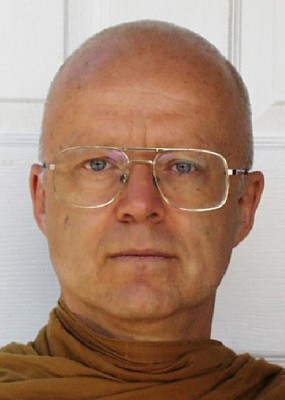The Buddha never said, “There is no self.” When I first read this in Tricycle Magazine, I was as surprised as anyone.
Yet, when I thought about it, I considered what Zen Master Thich Nhat Hanh teaches. He puts it like this:
There is no such thing as permanent and separate. There’s nothing that can be permanent, that can be separate. Everything is impermanent, everything has the nature of interbeing. Nothing can be by itself alone, everything has to inter-be with everything else. The Buddha expressed that reality in very, very simple terms: “This is, because that is.” If you had asked about the Buddhist teaching on Genesis, about how the world has come to be, the Buddha would have said: “This is, because that is.” That is the law of interbeing, the law of interdependent origination, the law of no self. “No self” does not mean non-existing. Everything is, in a wonderful way, but everything is a formation.
Thanissaro Bhikkhu is one of my favorite writers on Buddhism. He is an American Theravada Buddhist monk in the Thai Forest Tradition. Enjoy these wonderful words of wisdom from Thanissaro Bhikkhu.
What are your thoughts about the statement, “There is no self,” falsely attributed to the Buddha? Having read the article when the magazine came out, I know the inside story. Perhaps you’ll share your views.









You must be logged in to post a comment.